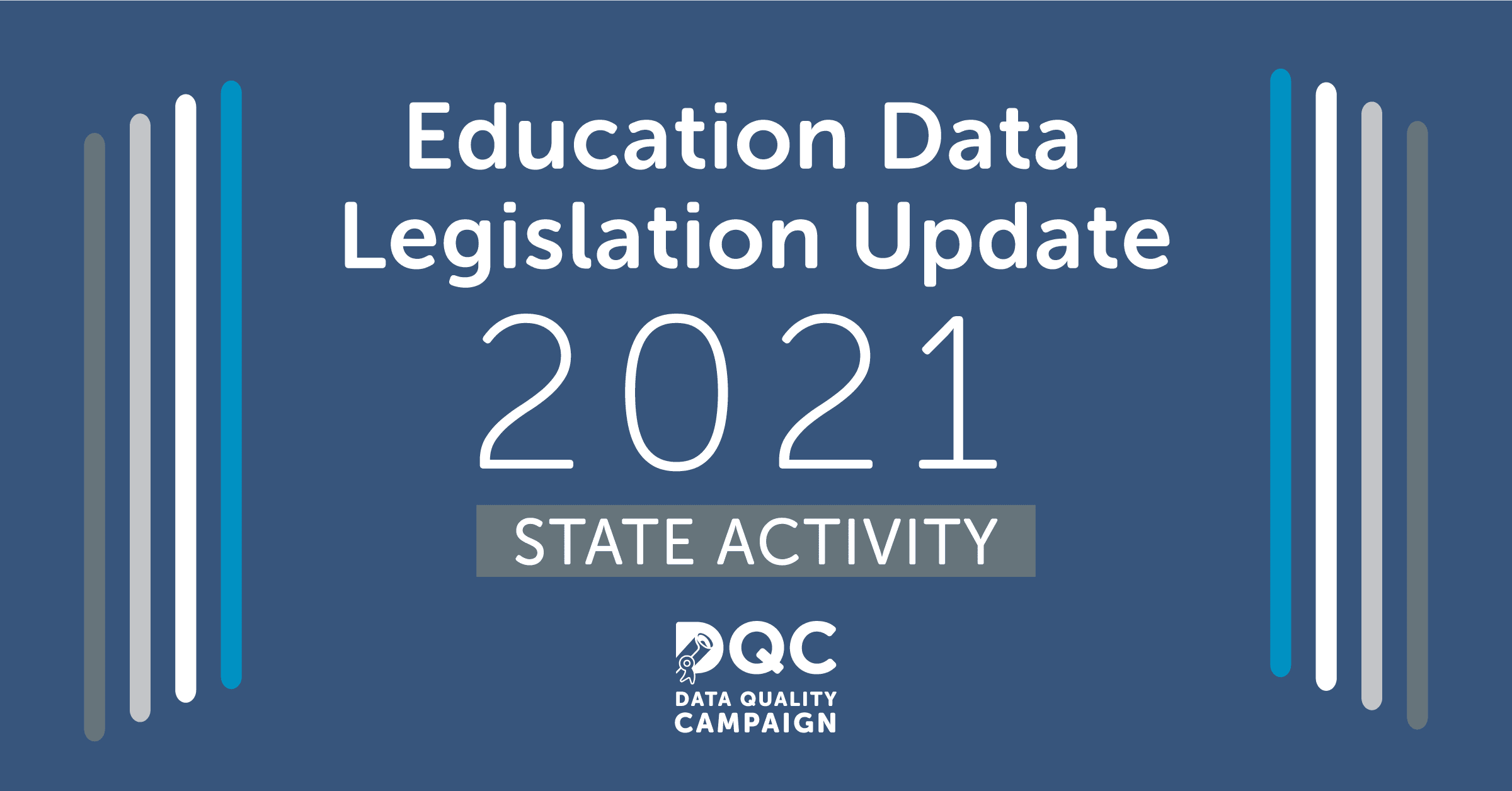After facing profound disruptions in school over the last year, many educators and leaders are debating the role and value of state assessments during the pandemic. Earlier this year, we learned the Biden administration would not grant blanket waivers for 2021 statewide assessments. However, states can and have applied for limited waivers for accountability and reporting requirements. Even in the absence of accountability, state assessments will be a vital piece in identifying areas for additional support for schools and different groups of students.
The administration’s decisions about assessment waivers haven’t stopped state legislators from introducing legislation concerning statewide summative assessments during their 2021 sessions. As we’ve tracked 2021 legislative activity, we have noticed the following key themes across states:
- Legislation that institutes a moratorium on testing (despite federal requirements).
- Legislation that removes punitive accountability for students, schools, and teachers relating to assessments and growth measures.
- Legislation or executive orders that address what states should do with state assessment data.
While states are not using statewide summative assessments for accountability purposes, they can still be thoughtful about how to use data from assessments to understand where students are and what supports they need. Legislative efforts that spell out what leaders should do with data collected in the previous, current, and upcoming school years will be extremely meaningful for states as they address academic recovery. We’re seeing the following examples so far:
- In Iowa, Indiana, and Oregon, legislators are considering bills that instruct the state to conduct studies on learning loss and the needs of students.
- In Texas, legislation would create a commission on assessments and accountability. The commission would study the current assessment and accountability system, and make recommendations for improvements.
- In Arizona, the legislature passed a bill that lifts accountability requirements, which was followed up by an executive order from Governor Ducey that specifies the AZ Merit Exam data will be used to study student learning loss due to COVID-19.
Together, these actions reflect the larger national conversation about the unique qualities and values of data from statewide assessments.
Across the country, COVID-19 has impacted groups of students differently. Assessment data that is comparable statewide and disaggregated by student group sheds light on where states can focus their efforts to address equity. Using assessment data to target support and provide additional resources for the students and schools with the most need allows for an equitable path to academic recovery. As policymakers continue to review legislation addressing assessments and COVID-19, they must consider how assessment data from this school year can deepen understanding of which students and schools have been impacted by disruptions in in-person learning.


